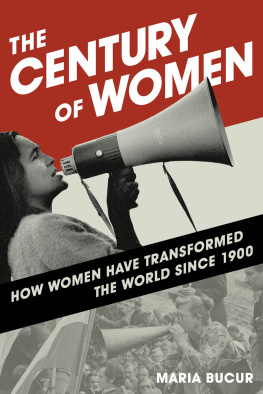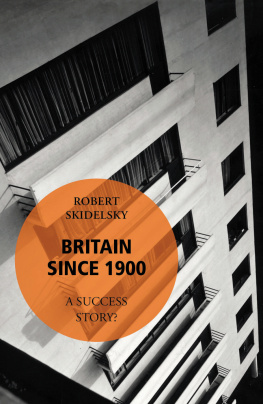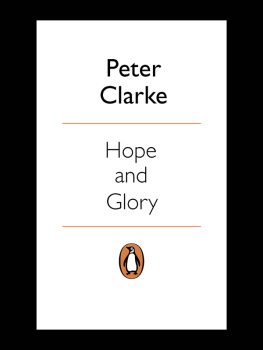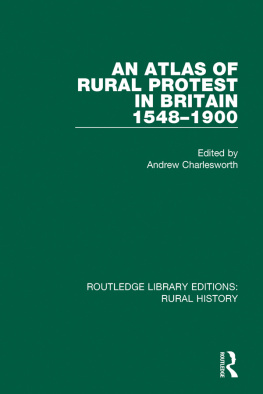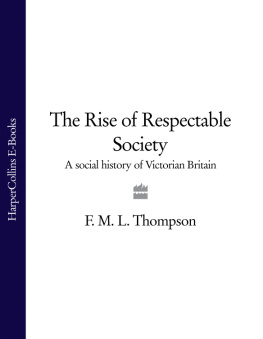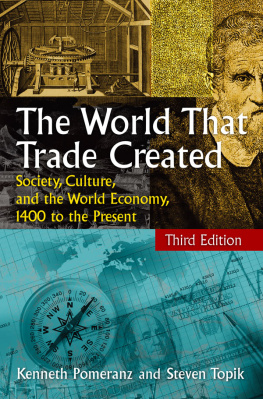Maria Ågren - The Marital Economy in Scandinavia and Britain 1400–1900
Here you can read online Maria Ågren - The Marital Economy in Scandinavia and Britain 1400–1900 full text of the book (entire story) in english for free. Download pdf and epub, get meaning, cover and reviews about this ebook. year: 2017, publisher: Taylor and Francis, genre: Home and family. Description of the work, (preface) as well as reviews are available. Best literature library LitArk.com created for fans of good reading and offers a wide selection of genres:
Romance novel
Science fiction
Adventure
Detective
Science
History
Home and family
Prose
Art
Politics
Computer
Non-fiction
Religion
Business
Children
Humor
Choose a favorite category and find really read worthwhile books. Enjoy immersion in the world of imagination, feel the emotions of the characters or learn something new for yourself, make an fascinating discovery.

- Book:The Marital Economy in Scandinavia and Britain 1400–1900
- Author:
- Publisher:Taylor and Francis
- Genre:
- Year:2017
- Rating:4 / 5
- Favourites:Add to favourites
- Your mark:
- 80
- 1
- 2
- 3
- 4
- 5
The Marital Economy in Scandinavia and Britain 1400–1900: summary, description and annotation
We offer to read an annotation, description, summary or preface (depends on what the author of the book "The Marital Economy in Scandinavia and Britain 1400–1900" wrote himself). If you haven't found the necessary information about the book — write in the comments, we will try to find it.
Maria Ågren: author's other books
Who wrote The Marital Economy in Scandinavia and Britain 1400–1900? Find out the surname, the name of the author of the book and a list of all author's works by series.
The Marital Economy in Scandinavia and Britain 1400–1900 — read online for free the complete book (whole text) full work
Below is the text of the book, divided by pages. System saving the place of the last page read, allows you to conveniently read the book "The Marital Economy in Scandinavia and Britain 1400–1900" online for free, without having to search again every time where you left off. Put a bookmark, and you can go to the page where you finished reading at any time.
Font size:
Interval:
Bookmark:

Helen Berry
Douglas A. Brooks
Elizabeth C. Goldsmith
Edited by Naomi J. Miller and Naomi Yavneh
Allison Levy
Helen Hills
and
AMY LOUISE ERICKSON, Institute of Historical Research, University of London

2 Park Square, Milton Park, Abingdon, Oxon OX14 4RN
711 Third Avenue, New York, NY 10017, USA
1. Marriage Economic aspects Great Britain History 2. Marriage Economic aspects Scandinavia History 3. Marital property Great Britain History 4. Marital property Scandinavia History 5. Marriage Great Britain History 6. Marriage Scandinavia History 7. Great Britain Social conditions 8. Scandinavia Social conditions I. gren, Maria II. Erickson, Amy Louise
306.81094
p. cm. (Women and gender in the early modern world)
Includes bibliographical references and index.
ISBN 0-7546-3781-6 hardback, ISBN 0-7546-3782-4 paperback (alk. paper)
1. Marriage Economic aspects Scandinavia. 2. Marriage Economic aspects Great Britain.
I. Egren, Maria. II. Erickson, Amy Louise. III. Series.
306.810941dc22 2004003903
Amy Louise Erickson
Hanne Marie Johansen
Catherine Frances
Gudrun Andersson
Anu Pylkknen
Jane Whittle
Hilde Sandvik
Inger Dbeck
Rosemarie Fiebranz
Ann-Catrin stman
Hanne Marie Johansen
Elizabeth Ewan
Agnes S. Arnrsdttir
Maria gren
Michael Roberts
Professor in History, Uppsala University, Sweden
Assistant Professor in History, Uppsala University, Sweden
Associate Professor in History, University of Aarhus, Denmark
Professor in Law, dr. juris, University of Copenhagen, Denmark
Senior Research Fellow, Institute of Historical Research, University of London, UK
Professor in History, University of Guelph, Canada
PhD in History, Uppsala University, Sweden
sometime Research Fellow, Clare Hall, Cambridge, UK
Associate Professor in History, University of Bergen, Norway
Research Fellow in History, University of bo, Finland
Academy Research Fellow, University of Helsinki, Finland
Lecturer in History, University of Wales, Aberystwyth, UK
Associate Professor in History, University of Oslo, Norway
Senior Lecturer in Economic and Social History, Exeter University, UK
Font size:
Interval:
Bookmark:
Similar books «The Marital Economy in Scandinavia and Britain 1400–1900»
Look at similar books to The Marital Economy in Scandinavia and Britain 1400–1900. We have selected literature similar in name and meaning in the hope of providing readers with more options to find new, interesting, not yet read works.
Discussion, reviews of the book The Marital Economy in Scandinavia and Britain 1400–1900 and just readers' own opinions. Leave your comments, write what you think about the work, its meaning or the main characters. Specify what exactly you liked and what you didn't like, and why you think so.


